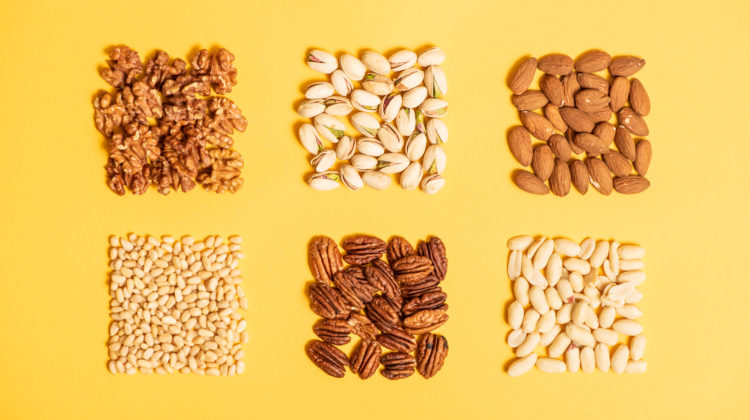 People have been taking zinc supplements for years to ease the symptoms of colds. According to medical studies, you don’t have to wait until the flu strikes before making use of this beneficial mineral.
People have been taking zinc supplements for years to ease the symptoms of colds. According to medical studies, you don’t have to wait until the flu strikes before making use of this beneficial mineral.
In fact, adding zinc to your diet could give your immune system a well-needed boost and reduce the likelihood of getting sick in the first place.
How Zinc Helps The Immune System
The immune system is complex and zinc helps to boost its function in several ways. For example, zinc is essential to maintaining the cells that maintain a healthy immune system. Those cells include NK cells and neutrophils.
Zinc also keeps macrophages healthy and these white blood cells are vital to destroying microorganisms, removing the dead cells, and stimulating the activity of other cells.
When it comes to the overall activity of the immune system, zinc has been shown to reduce inflammation, encourage cell growth, and aid in getting rid of phagocytes that have engulfed bacteria or small particles.
According to health professionals, adding zinc to your diet can help your body to fight a cold, an infection from a wound, or a respiratory tract infection. Studies are still being conducted to determine how helpful the mineral could be with other conditions such as arthritis, Crohn’s disease, and ulcers.
Great Sources of Zinc in The Diet
While some persons take a zinc supplement regularly, it’s also possible to add zinc to your diet with specific foods. Oysters, crab, and lobster are great sources of zinc.
As an additional benefit, they’re good for the heart. Meat products like beef, chicken, and pork will provide some protein as well as the zinc you’re looking for.
If you’re a vegan or vegetarian, you have great options for zinc as well. Vegetables like mushrooms, spinach, broccoli, kale, and garlic have a low-calorie input as well as a few essential vitamins and minerals. The protein-rich legumes that constitute many vegetarian diets are also a great source of zinc.
The list includes edamame, lentils, chickpeas, black beans, and hummus.

Snacking on nuts and seeds will also give you a good dose of zinc. Look out for pumpkin seeds, pine nuts, cashews, peanuts, and pecans. While not usually taken as a snack, chia seeds are a great addition to meals or shakes.
Finally, as you’re adding fiber to your diet with whole-grain foods, you’ll be getting some zinc too. Your options include oats, quinoa, brown rice, and whole-wheat bread.
Dairy products and dark chocolate are also great sources of zinc. To make things easier, many breakfast cereal products have zinc added to their nutritional content. With this option, make sure to avoid cereals that have too much sugar.
How Much Zinc You Need
Zinc is safe for everyone as well as its daily intake value is within the recommended range. Up to 6 months, 2 mg is ideal and 3 mg works for children up to 3 years old. Persons between 4 and 8 years old should have 5 mg while 9 - 13-year-olds should have 8 mg.
The intake value goes up to 9 mg for those who are up to 18 years old but back down to 8 mg over the age of 19. The value remains the same regardless of gender but can increase for women who are pregnant or breastfeeding.
Potential Side Effects
It’s important to stay within the recommended values when taking zinc as an overdose can have terrible side effects such as fever, nausea, and a mineral imbalance. Additionally, the use of zinc is not suggested for persons who are immunocompromised, have a zinc allergy, or are dealing with hemochromatosis.
In some cases, zinc can interfere with certain medications so it’s a good idea to consult with your doctor before starting a zinc supplement.

Zinc has been shown to help with maintaining a healthy immune system. If you make a few changes to your diet and keep within the recommended intake range, you should see a positive impact on your health. Remember to check with your doctor about potential interactions if you’re taking medications regularly.









